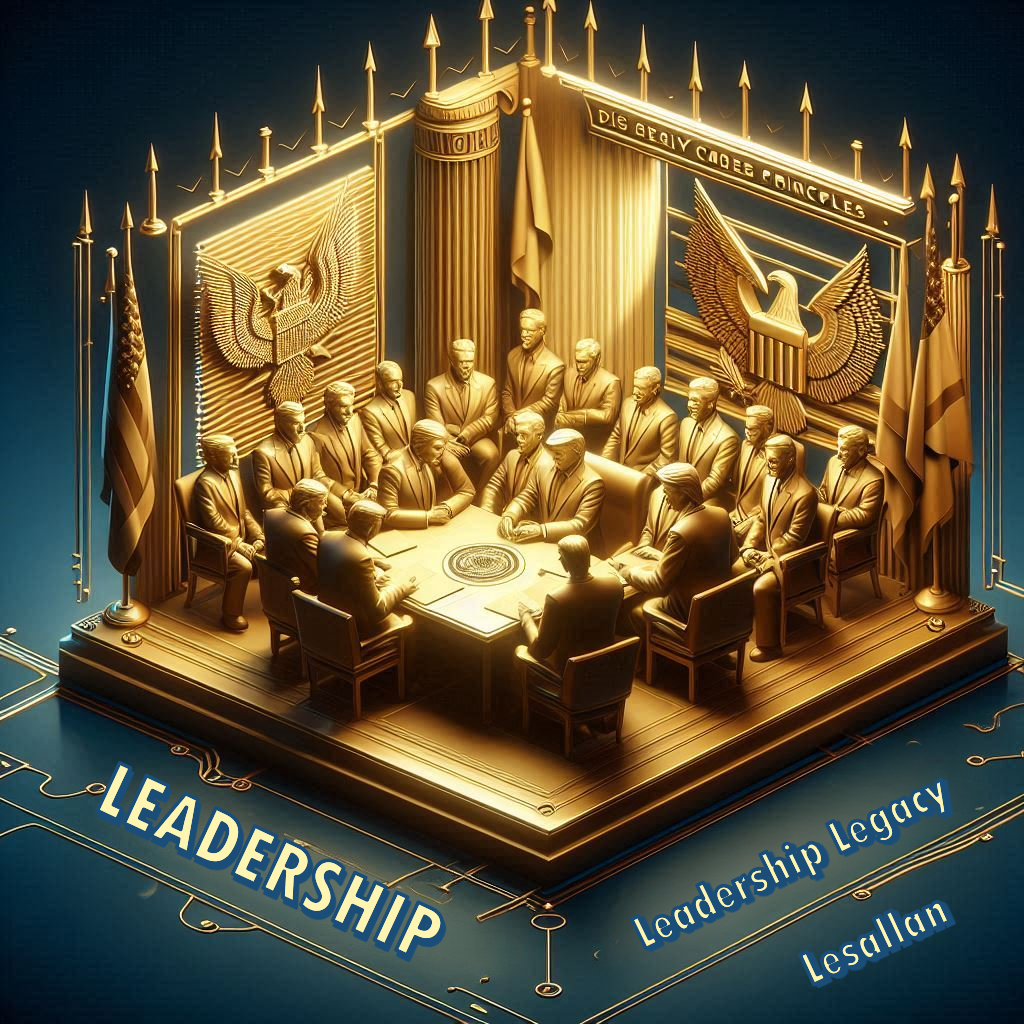Written By Lesallan | Published February 12, 2025
Ohio Christian University
LDR3100 Concepts of Leadership (ONL25SP1)
Dr. James Leak
February 12, 2025

Leadership Legacy: Core Values & Principles
A leader’s legacy is characterized by the way their organization recalls their contributions following their departure. This legacy embodies their organizational competencies, integrity, and the overall consequences of their actions and decisions. The establishment of a legacy is not centered on self-aggrandizement; rather, it entails nurturing future leaders who will perpetuate the organization’s mission. This paper examines the principal elements of a leader’s legacy as delineated by Llopis (2014) in his article “5 Ways a Legacy-Driven Mindset Will Define Your Leadership.” This discussion emphasizes identity and values, foundational guiding principles, the necessity of courage and risk-taking, a sincere commitment to the advancement of others, and a strong sense of responsibility and accountability. By reflecting on these components, leaders can cultivate a personal strategy for creating a meaningful and enduring legacy.
Identity and values serve as the foundation of a leader’s legacy. Leaders who possess a clear understanding of their identity and values foster trust and respect among their followers. They consistently exemplify their values through their actions, thereby creating a lasting influence within their organization. For instance, a leader who prioritizes integrity will be remembered for their commitment to honesty and ethical conduct.
Foundational guiding principles establish a framework for decision-making and behavior within an organization. Leaders who effectively articulate and uphold these principles play a crucial role in ensuring that the organization remains aligned with its core mission and vision. This alignment fosters a legacy characterized by stability and clear direction.
Courage and risk-taking are fundamental components in fostering innovation and promoting growth within organizations. Leaders who exhibit a willingness to undertake calculated risks and make assertive decisions lay the groundwork for future success. These individuals are distinguished by their capacity to navigate uncertainty and motivate others to embrace transformative change.
Advancing the interests of others necessitates a genuine commitment to employee development and the cultivation of a collaborative and supportive organizational culture. Leaders who emphasize the growth and well-being of their team members establish a legacy characterized by empowerment and mentorship.
Responsibility and accountability are essential elements of a leader’s legacy. Leaders who assume ownership of their actions and maintain accountability establish a benchmark for others to emulate. By fostering a culture of accountability, they contribute to the organization’s sustained success over the long term.
In conclusion, a leader’s legacy is fundamentally shaped by their identity and values, guiding principles, courage, empathy towards others, and sense of responsibility. Reflecting on these elements can assist leaders in cultivating a personal approach to achieving a lasting impact. As Llopis (2014) articulates, adopting a legacy-driven mindset is crucial for defining effective leadership. Furthermore, the Bible highlights the significance of leadership and guidance, as expressed in Proverbs 11:14 (NIV): “For lack of guidance a nation falls, but victory is won through many advisers.” This verse emphasizes the collective effort inherent in leadership and the enduring influence a leader can exert.
References:
Llopis, G. (2014, February 20). 5 Ways A Legacy-Driven Mindset Will Define Your Leadership.


